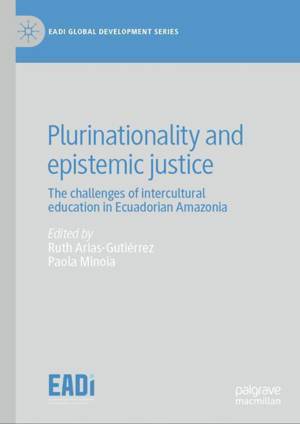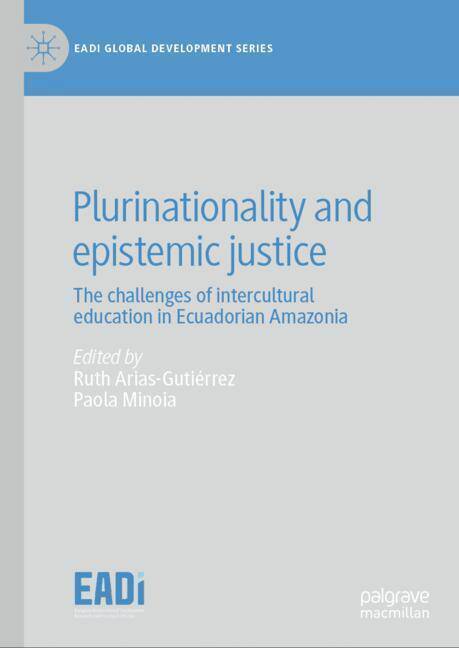
- Retrait gratuit dans votre magasin Club
- 7.000.000 titres dans notre catalogue
- Payer en toute sécurité
- Toujours un magasin près de chez vous
- Retrait gratuit dans votre magasin Club
- 7.000.000 titres dans notre catalogue
- Payer en toute sécurité
- Toujours un magasin près de chez vous
Plurinationality and Epistemic Justice
The Challenges of Intercultural Education in Ecuadorian Amazonia
Description
This book examines interculturality in education in Ecuador at the crossroads between an educational model inherited from the colonial past, which still represents white and mestizo hegemony, and a vision of an alternative form of decolonizing education that contributes to the development of an intercultural and plurinational state, as promised in the Ecuadorian Constitution. Championing indigenous voices and discussing the role of education in the fight against poverty and in the recovery of cultural and ecological diversity, the authors propose that quality education for all, a target of the Sustainable Development Goals, should move out of the commonly defined models of technological modernization and cultural globalization that disvalue knowledge from other cultures. Through their analysis of practical experimentations of indigenous and intercultural education in Amazonian schools and universities, they conclude that enhanced preservation of indigenous languages, cultures and ecological knowledge prove fundamental prerequisites for biological conservation and strengthening societies' resilience to climate change threats.
Spécifications
Parties prenantes
- Editeur:
Contenu
- Nombre de pages :
- 206
- Langue:
- Anglais
- Collection :
Caractéristiques
- EAN:
- 9783031588594
- Date de parution :
- 16-11-24
- Format:
- Livre relié
- Format numérique:
- Genaaid
- Dimensions :
- 148 mm x 210 mm
- Poids :
- 421 g






